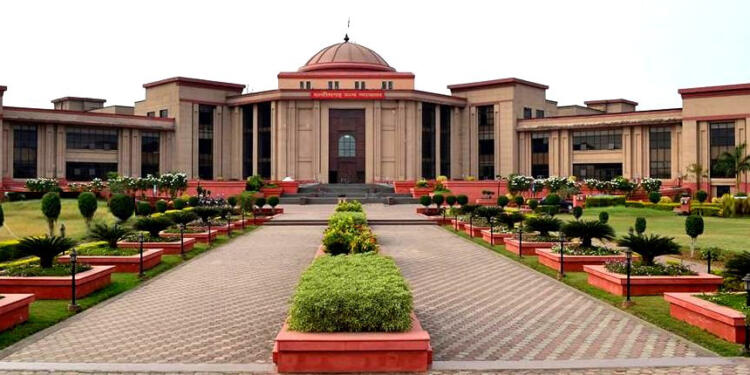The Chhattisgarh High Court observed that the act of sexual intercourse with a dead body of another person, necrophilia, is one of the worst things that could be even imagined, but it does not come within the definition of rape as defined under Section 376 of the now-relegated Indian Penal Code or the Protection of Children from Sexual Offences Act (POCSO) Act.
A bench of Chief Justice Ramesh Sinha and Justice Bibhu Dutta Guru said “such provisions apply only when the victim is alive. There is no doubt that the offence committed by the accused—Neelkanth alias Neelu Nagesh—raping a dead body is one of the most horrendous crimes one can think of.”
The High Court dismissed Nagesh’s appeal which had accused him of raping a minor’s dead body, necrophilia. Nagesh was found guilty of a number of other offenses, but his conviction for the aforementioned offenses under Sections 363, 376(3) of the IPC, Section 6 of the POCSO Act, and Section 3(2)(v) of the Act of 1989 was overturned as the aforementioned clauses require that the victim be alive at the time of the crime.
It added, “But the fact of the matter is that as of date, the said accused cannot be convicted for the offence punishable under Sections 363, 376 (3) of the IPC, Section 6 of the POCSO Act, 2012 and Section 3(2)(v) of the Act of 1989 as the offence of rape was committed with a dead body. For convicting an offence under the aforementioned sections, the victim should be alive.”
Also Read: Incest: An Open Culture of Muslim Society but Genetic Time Bomb in European Communities
The court was actually dealing with a plea by two accused in a case pertaining to the kidnapping, rape, and murder of a minor who, according to reports, had been sexually assaulted even after death.
Both Nitin Yadav and Nagesh were found guilty of various offenses under the POCSO Act and the IPC. After being found guilty of rape, kidnapping, and murder, Yadav received a life sentence. In accordance with Section 201 (causing evidence of an offense to vanish or providing false information to a screen offender) and Section 34 (acts committed by multiple people in furtherance of a common intention), Nagesh, his accomplice, was found guilty and given a seven-year prison sentence.
In the same case, the prosecution, however, had challenged Nagesh’s acquittal for rape. The prosecution admitted that though Indian law does not classify sexual intercourse with the body as rape under Section 376, yet Article 21 of the Constitution guarantees every person the right to die in dignity, which encompasses the dealing with the body of a deceased.
Before dismissing the plea, the Chhattisgarh High Court held that the prosecution had proved beyond doubt that both the accused were guilty and dismissed their appeals and upheld their convictions and sentences, stating, “The trial court has erred in law by acknowledging the fundamental truth that necrophilia constitutes a flagrant infringement upon the rights of the deceased, who are entitled to a dignified funeral.”



























